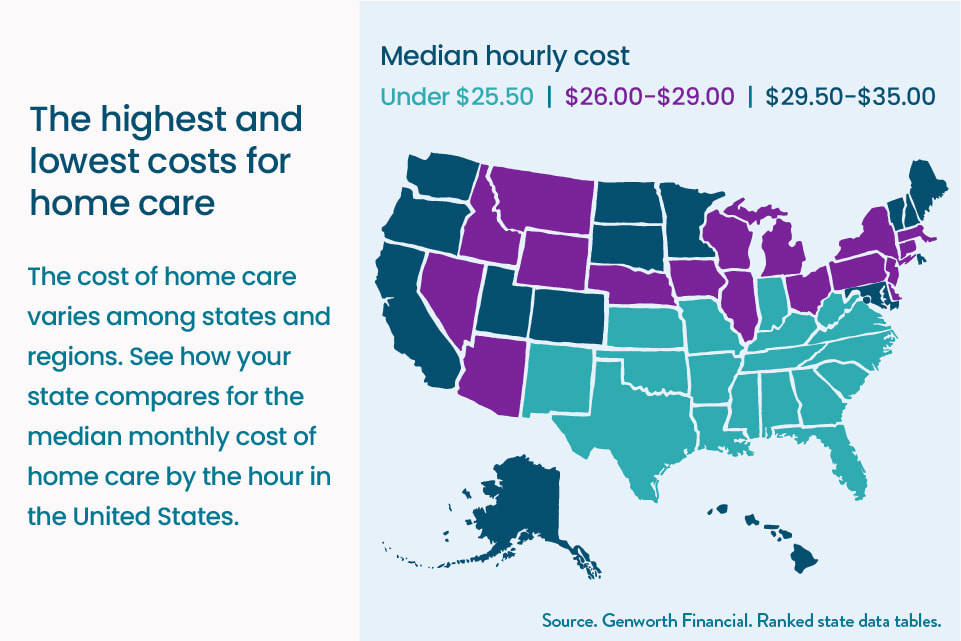
For accurate diagnosis of Zika, it is crucial to have zika diagnostics. The virus causes severe birth defects in developing fetuses, and without reliable and affordable tests, mothers and newborns are at risk. Although the disease may not be widespread, it poses a significant health risk. Without adequate testing capacity, the disease may spread to other countries and elude detection.
Nucleic acid tests
A new method for zika diagnosis could produce results in minutes as opposed to weeks or days. The current RTPCR tests take three hours or more, and specific antibodies tests may take several months. The new method uses an isothermal amplification technology to detect virus nucleic Acids in as little as 20 minutes. The assay detects Zika-specific antibody, which can take up to an hour.
It is possible to perform the test in the field, and it's very affordable. It can detect Zika, dengue and other infections within just a few hours. It can be stored at ambient temperature and read by an easy electronic reader. This makes it portable and can be distributed in large numbers.

ELISA tests
Positive results from ELISA testing for zika diagnostics do not necessarily indicate that you have the virus. The results should be interpreted by a health care provider and considered in conjunction with the patient's clinical signs and symptoms. This test can only be performed in CDC-designated laboratories. It should be treated in the same manner as other infectious disease tests.
The country's ZIKV testing capacity has been increased by commercial serologic test. These tests are useful for screening but the specificity of the tests and their sensitivity need to be better.
RT-PCR tests
RT-PCR tests for Zika diagnostics have been developed and validated for use in the field. These tests are able to detect the virus from saliva, serum, and urine. They are especially useful for those who have been infected by a traveler. These tests have a high level of sensitivity (more than 98%), and are useful in early detection of the disease. However, these tests are not perfect and can give false positive results.
All pregnant women should not use RT-PCR Zika diagnostics. These tests should only be used by pregnant women who have been infected within the past 12 week. These tests should be done as soon as possible for pregnant women who have been exposed to the virus in recent weeks.

Serological tests
Because it involves testing the genetic material, the development of serological tests to diagnose Zika has been difficult. Moreover, the antibody production by the body against the Zika virus is difficult to separate from those produced against other viruses. Anvisa approved the Zika virus serological test in April 2016.
This test requires that specimens be taken from those who have symptoms of the virus. The test will reveal if the person infected is confirmed. The IgM antibody will help detect if the virus is present.
FAQ
What are medical systems and what do they mean?
Medical systems were designed to make people live longer and more healthy lives. They ensure that patients get the best care possible when they are in need.
They ensure that the appropriate treatment is given at a timely manner. And they provide the information needed for doctors to give the best possible advice on what treatment would suit each patient.
What does the term "public" in public health mean?
Public Health is about protecting and improving the health in the community. It is concerned with preventing diseases, injuries, and disabilities, as well as promoting healthy lifestyles; ensuring adequate nutrition; controlling communicable diseases, hazards to the environment, and behavioral risk.
What are the health care services?
Patients must know that they have easy access to quality healthcare. We can help you, whether you have an urgent need or a routine checkup.
We offer many types of appointments including walk-in surgery, same-day operation, emergency department visits, outpatient procedures and so on. Home care visits are also available for patients who live away from our clinic. If you feel uncomfortable coming to our office, we will make sure you receive prompt treatment at your nearest hospital.
Our team is made up of nurses, doctors and pharmacists as well dentists. We are committed to providing outstanding patient service. We aim to ensure that each visit is as convenient and painless as possible.
What is my role within public health?
Participating in preventive efforts can help to protect your own health and that of others. By reporting illness and injury to health professionals, you can improve public health.
What should you know about immunizations
Immunization is the process by which a vaccine stimulates an immune response. Immunization is the process by which the body makes antibodies (immunoglobulins), that protect against infection.
What do you need to know about insurance for health?
Keep track of all your policies if you have health insurance. If you have any questions, make sure to ask. Ask your provider or customer service to clarify anything.
When you need to use your insurance, don't forget to take advantage your plan's deductible. Your deductible is the amount that you have to pay before your insurance covers the rest of the bill.
Statistics
- The healthcare sector is one of the largest and most complex in the U.S. economy, accounting for 18% of gross domestic product (GDP) in 2020.1 (investopedia.com)
- Price Increases, Aging Push Sector To 20 Percent Of Economy". (en.wikipedia.org)
- Healthcare Occupations PRINTER-FRIENDLY Employment in healthcare occupations is projected to grow 16 percent from 2020 to 2030, much faster than the average for all occupations, adding about 2.6 million new jobs. (bls.gov)
- Foreign investment in hospitals—up to 70% ownership- has been encouraged as an incentive for privatization. (en.wikipedia.org)
- For the most part, that's true—over 80 percent of patients are over the age of 65. (rasmussen.edu)
External Links
How To
What is the Healthcare Industry Value Chain (or Value Chain)?
The entire healthcare industry value-chain includes all activities related to providing healthcare services to patients. This includes all business processes at hospitals and clinics. It also includes supply chains that connect patients to other providers like pharmacists and insurance companies. The end result is a continuum of care that begins with diagnosis and ends with discharge.
The value chain is made up of four major components:
-
Business Processes: These are all the tasks performed by people throughout the entire delivery of healthcare. For example, a doctor may perform an exam and then prescribe medication. Each step must be done correctly and efficiently.
-
Supply Chains - All the organizations involved in making sure that the right supplies reach the right people at the right time. A typical hospital has many suppliers. They include pharmacies as well lab testing facilities, imaging center, and even janitorial employees.
-
Networked Organizations (NO) - In order to coordinate the various entities, communication must exist between all parts of the system. Most hospitals have multiple departments. Each department has its own office and phone number. Each department will have its own central point, where employees can get updates and ensure everyone is informed.
-
Information Technology Systems- IT is vital in ensuring smooth business processes. Without it, everything could go down quickly. IT is also a platform that allows for the integration of new technologies into the system. A secure network connection can be used by doctors to connect electronic medical records to their workflow.